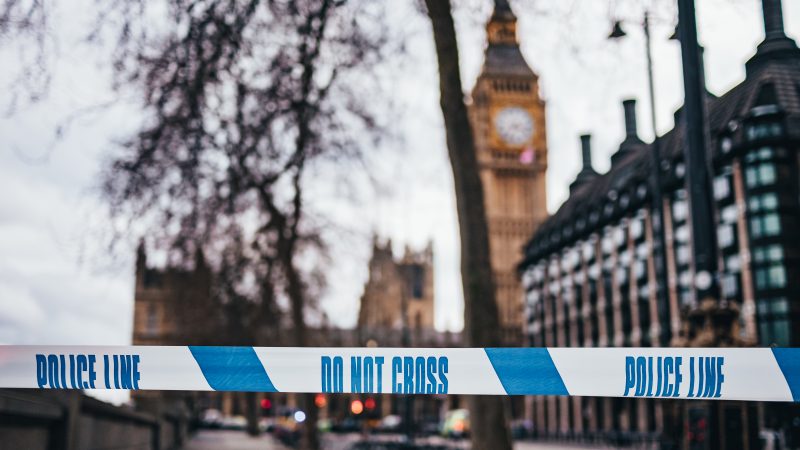
The House of Commons returns from recess today. The chamber was supposed to kick off with a second reading of the judicial review and courts bill, among other things, but instead MPs from all parties will pay their tributes to David Amess, who was killed in what is being treated as a terrorist incident on Friday. From Labour, many have already spoken about the late Conservative MP in the media, including Wes Streeting and Lisa Nandy on the Sunday shows, where both shared their memories of Amess and their thoughts on what measures should be taken after the latest violent attack on an MP. Nandy stressed that political discourse needs to change, advising politicians to “tone down the rhetoric”, while Streeting pointed out that people do tune in for the “argy bargy” of PMQs but added that “intemperate language can go too far”.
Online abuse and how to prevent it has been at the forefront of discussions since Friday, especially the question of whether anonymity should be banned. This is a move that some of the most abused MPs support, and it is easy to see why, but the focus on it does feel like a bit of a distraction right now when it appears unrelated to the killing of Amess. A good argument can be made that a very hostile political culture, fuelled by ‘Wild West’ social media, is contributing to the violence. Pointing to anonymity on social media as the key culprit ignores the toxic role that the press and politicians can play, however. It also overlooks the implications of the proposal for democracy around the world, and would hand over yet more power and responsibility to unaccountable social media firms.
Of immediate use is the discussion around which practical steps should be taken to protect MPs from violence, particularly at advice surgeries where they have been targeted: David Amess on Friday, Jo Cox in 2016, Stephen Timms in 2010 and Nigel Jones in 2000, when his aide Andrew Pennington was killed, were all attacked specifically at those constituency events. These are held very regularly by most MPs, many of whom instinctively want to meet local residents in an accessible and friendly way – and on an equal footing. But clearly these events are where MPs are especially exposed and vulnerable.
When I worked for an MP, we were lucky enough to be able to use a Jewish cultural centre in the constituency, which already has security guards and bag searches for every visitor, for many (though not all) of our surgeries. That is not the case for every MP and, as Lisa Nandy has mentioned, those in rural areas need to move around their seats a lot more to ensure every constituent can attend. It has been suggested that an MP’s office could try to check the online activities of residents before they are offered surgery appointments. This idea fails to recognise the overwhelming amount of work – particularly casework – that every MP’s office is trying to cope with. And to consider what the secret criteria could be for gaining access to the MP is even more worrying.
It is understood that Labour will not contest the Southend West by-election, and nor will the Liberal Democrats. This is expected: it follows the precedent set by the Batley and Spen 2016 by-election after the murder of Jo Cox. As MPs discuss David Amess as a person and a parliamentarian this afternoon, many will be thinking about more than one killing of a friend and more than one violent attack in recent years. It is clear that more must change this time than did after 2016.
Sign up to LabourList’s morning email for everything Labour, every weekday morning.



More from LabourList
Government abandons plans to delay 30 local elections in England
‘The cost of living crisis is still Britain’s defining political challenge’
‘Nurses are finally getting the recognition they deserve’